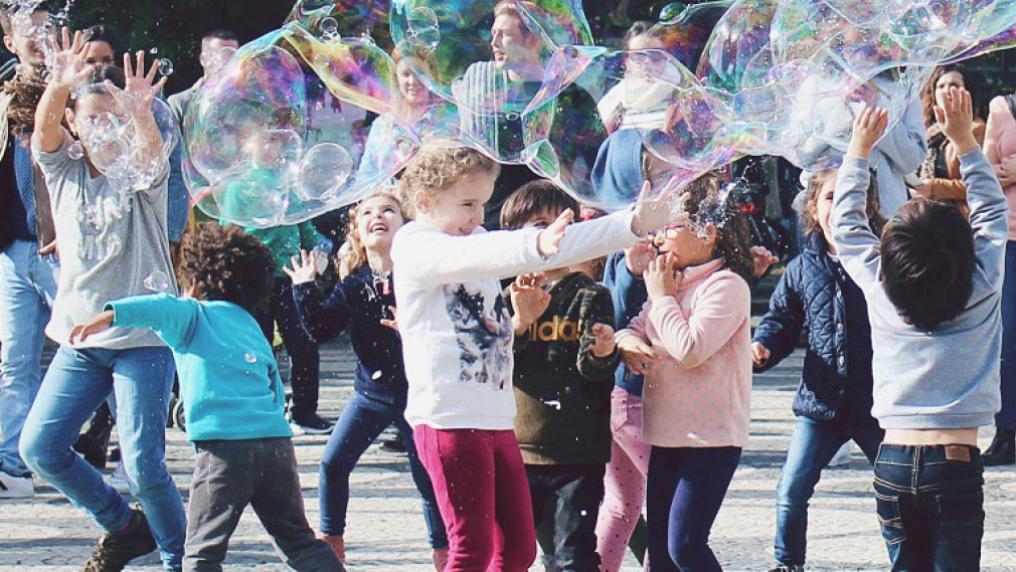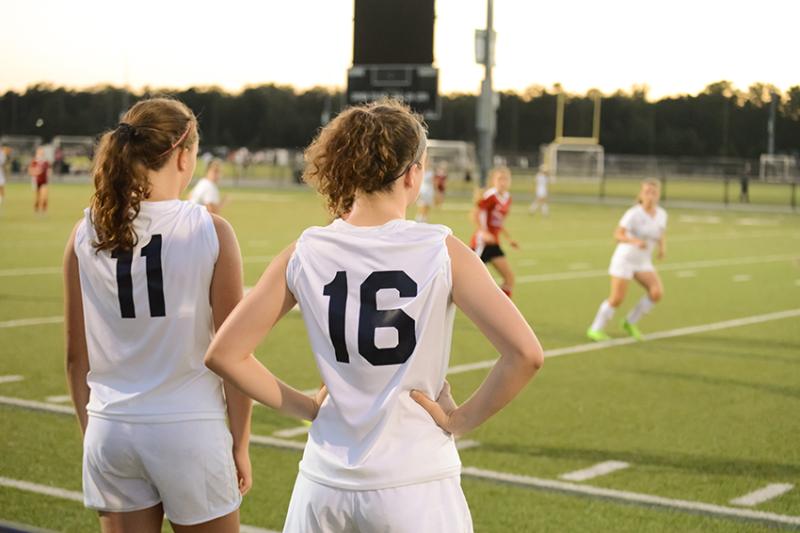Capable parents, capable teachers, capable children

In October of last year when I was in Australia I wrote a piece for The Conversation headlined How to praise your child: why simply saying ‘well done’is not helpful. I was astonished by its reception.
Within a month it had been downloaded 40,000 times and it continues to be well-read. This interest made me reflect that, some of what we take for granted in parenting and parental engagement needs a fresh pair of eyes.
In this case it was the surprising idea that praising your child might not be a wholly good thing. For most parents such a thought is deeply counter-intuitive. We are biologically wired to want to encourage our children and saying ‘well done’ seems a simple way of doing this. But once we realise that general praise such as this does not help our child learn anything about what it was that she was doing that we want to encourage, we start to see how we can be more helpful if we are more specific. ‘Well done for not giving up and trying other ways of planning that essay’ is so much more informative than ‘well done’. Feedback like this is much more likely to develop capable, resilient children, too.
The science behind this shift in the way we give feedback is the work of American academic Carol Dweck and her concept of ‘growth mindset’. By actively focusing on how our children go about their learning rather than on the results, it turns out that we are more likely to encourage them to develop a ‘can-do’ approach to life, seeing mistakes as something to learn from, wanting to push themselves and being keen to receive feedback from others.
In 2008 the Melbourne Declaration on Educational Goals for Young Australians laid out an ambitious agenda for Australia’s education system. It suggested that all young Australians needed to become successful learners, confident, creative individuals, and active, informed citizens. Across Australia, as a consequence, schools this year will, for the first time, be required to help young people to develop capabilities such as Critical and Creative Thinking or Ethical Understanding, as well as making necessary progress in Literacy and Numeracy associated with tests like NAPLAN. Each State has adopted a different strategy for the implementation of the capability curriculum, with Victoria playing a lead role in exploring best practices in teaching and assessment. But so far not much thought has been given to the role that parents can play in developing their children’s capabilities.
For schools seeking to engage parents another example of a potentially counter-intuitive truth is the fact that it is mainly what parents and families do at and from home that has the largest impact on the achievement of children, rather than what goes on at school! While school becomes more significant in the teenage years, evidence about the impact of the home requires schools to think afresh. How best can schools engage with parents to support their children’s learning (in addition to ensuring they have the right kit and have done their homework)? How, for example, can schools support parents in rethinking the way they praise their children to produce more capable children?
Recently, Guy Claxton and I have created a fictional girl, Ruby. She’s the granddaughter of film and play heroine Rita (as in Educating Rita). Ruby reminds us that we as parents and teachers all need to be clearer about how we cultivate, Creative, Communicative, Committed, Collaborative, Curious, Confident and Craftsman-like children. There are many ways in which we can do this and praising differently is just the tip of the iceberg. You can find out more in Educating Ruby: what our children really need to learn. Guy and I are actively campaigning to change the conversation between home and school and we think that focusing on capabilities is one way to do that.
At the Mitchell Institute we have a number of practical initiatives underway to change practice and policy to facilitate such a shift. Do you agree with us? If so, what are you already doing to develop the 7Cs of the children in your care? If not, what do you think we might do differently?
This article was originally published by ARACY. Read the original article.



